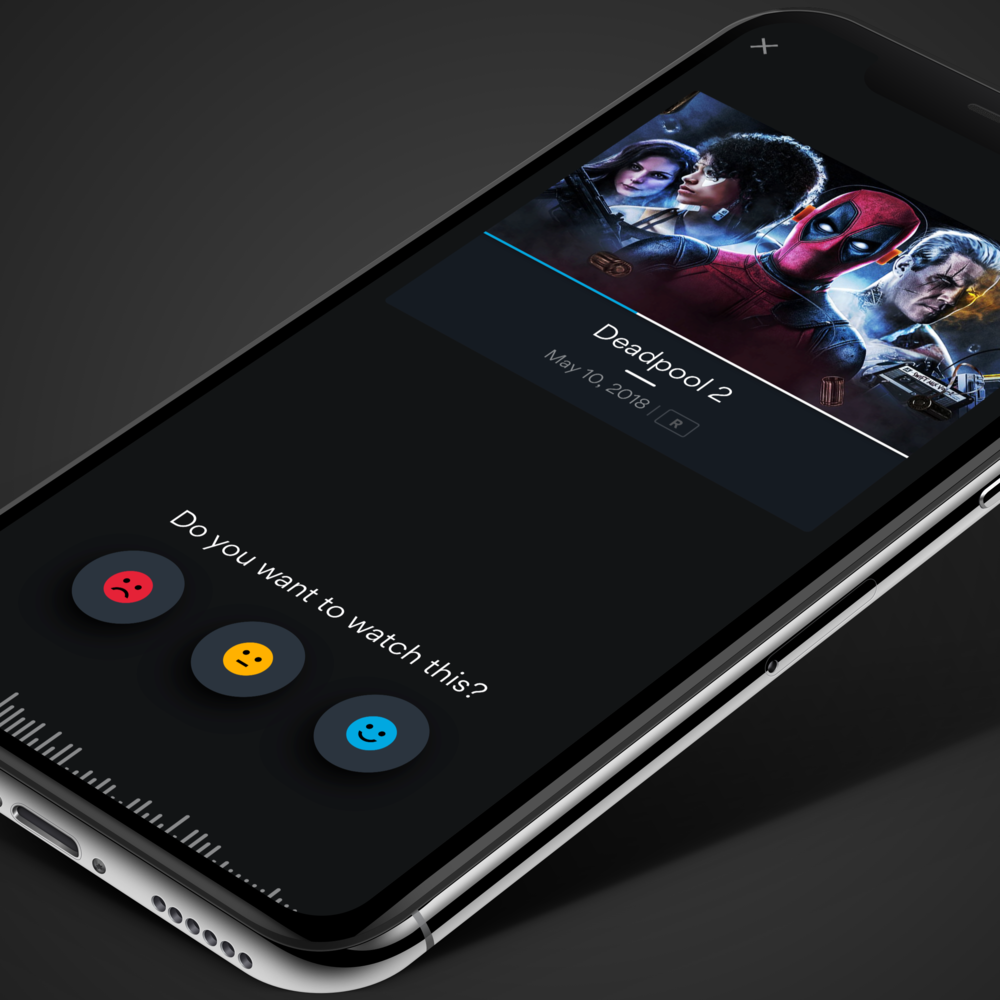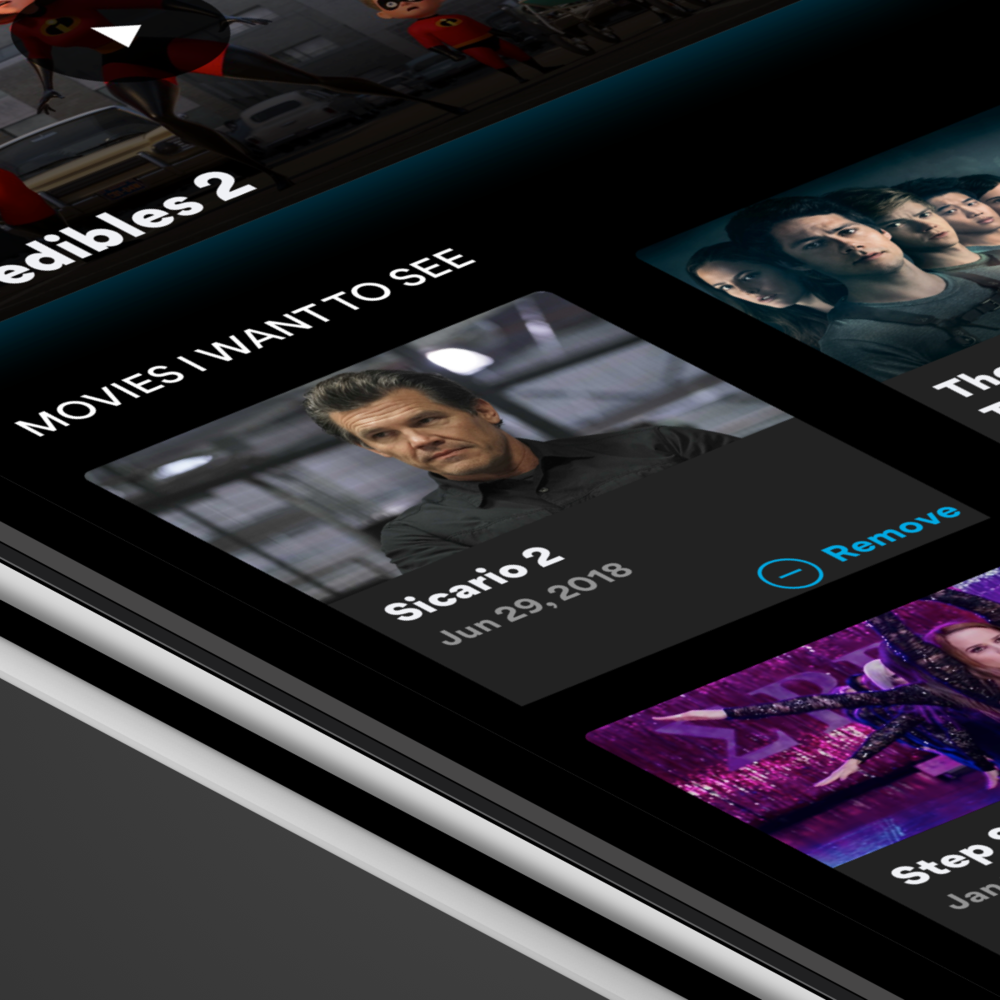TrailerVote
XP Bytes helped TrailerVote go from Tech Demo to working product, built for over 1 million users a minute, using Ruby on Rails, NodeJS and InfluxDB.
TrailerVote is the exhibition industry's hottest growth tool. It provides in-theatre trailer analytics and mobile app re-marketing.
Challenge
Most cinemas, offering no or spotty WiFi, are struggling with sign-ups into their loyalty programs; lack insights in which advertisements (trailers) lead to sales and can't perfectly predict how many time slots should be allocated for a movie during opening weekend.
When TrailerVote's founder contacted XP Bytes, they had just started looking for a lasting partnership building upon the work of an initial Tech Demo. The basis was there, but now the system had to be able to withstand an exponential roll-out across cinemas, all over the world. The current implementation would not be able to even sustain 10 users a minute.
Solution
XP Bytes set up a series of micro-services, each with their own tasks:
- Ingest Trailers from other systems, such as those from their partners,
- Ingest metadata for these trailers, such as backdrops, descriptions,
- Create unique identifiers for each segment of a trailer,
- Listen and track votes, anonymously,
- Propgate static content across edges around the world,
- Provide views for in-app and SDK consumption,
- An administrative CMS,
- An analytics dashboard.
The Ruby on Rails web application framework was used to quickly bootstrap the applications; API format of responses were defined in media types and these were registered; Node JS (with TypeScript) was the primary candidate to generate views that the mobile SDKs could easily consume.

Because we had to deal with a potentially gigantic amount of data when a movie screens across countries, and people vote, simultainously; because we wanted to be able to aggregate, display and transform votes over time; to comply with the various privacy laws, including GDPR, we chose a time series database.
Results
Because of the systems we've built, trailers could now be scoped per cinema location; data could be shown in many languages; API design allows the SDKs to be updated only sporadically; the system being capable of handling over a million requests a minute.
There was no longer a tech demo, but a complete eco-system and this has allowed Trailervote to showcase around the globe, with pilots starting everywhere.

Further Information
Derk-Jan Karrenbeld and Max Maton gave a talk at a Rotterdam.rb meetup.